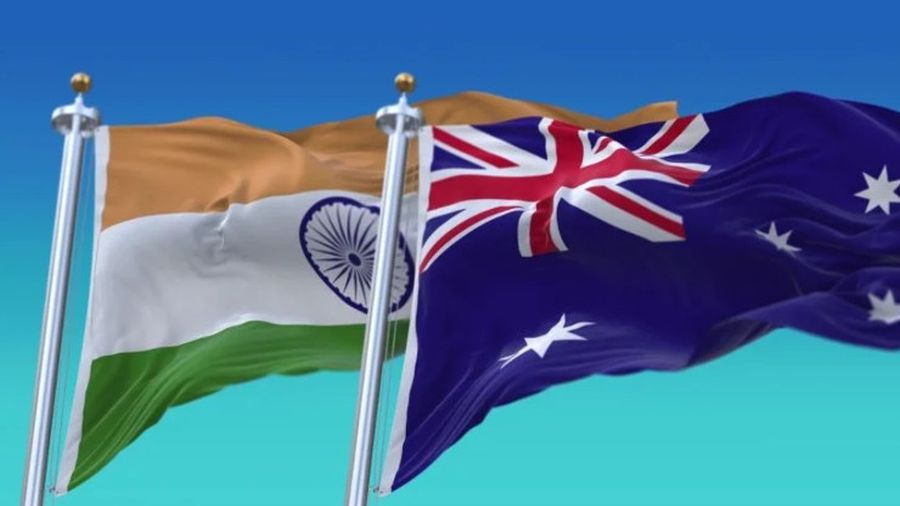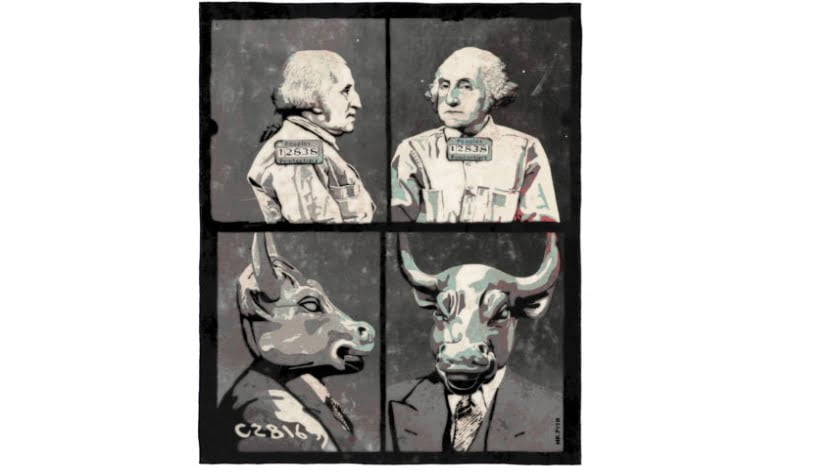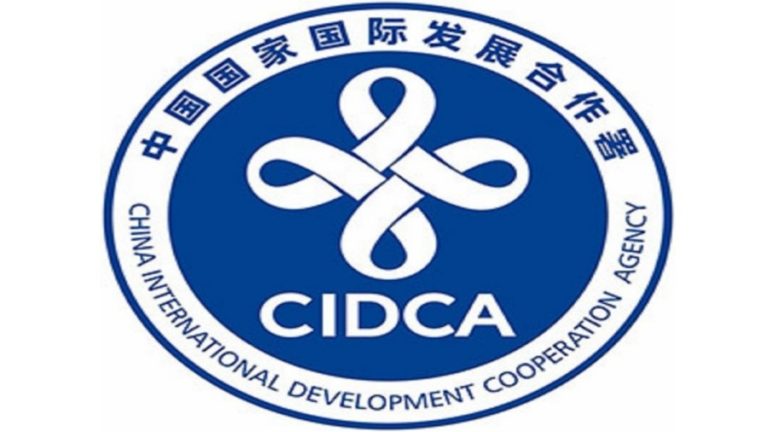Australia and India are Coming Closer Due to the Increasing Chinese Power
The process of reinforcement of relations between Canberra and New Delhi has been observed since 2009, when representatives of the two countries adopted a Declaration on Security Cooperation, according to which India and Australia act together on issues related to combating terrorism, ensuring regional security, as well as coordinating their foreign policy. The reason for the rapprochement between Australia and India can be explained by, among other factors, the desire of politicians of both countries to slow down the growth of China’s influence in the Indo-Pacific region.
The main topic of the Australian-Indian dialogue can be said to be the negotiations on the creation of a free trade zone, which have been underway since 2011, but for a long time the parties have not been able to reach a consensus. In 2022, the growth of international tension in the form of the beginning of the Ukrainian crisis and the increase in Chinese influence in Oceania forced Australia and India to accelerate cooperation in this area. The leaders of both countries fear that the strengthening of China’s position will do a lot of harm to their geopolitical interests.
On April 2, 2022, during an official online ceremony attended by Indian Prime Minister Narendra Modi and his Australian counterpart Scott Morrison, the Economic Cooperation and Trade Agreement (ECTA) was concluded between the Australian and Indian sides. The document was signed by the Minister of Trade, Tourism and Investment Dan Tehan on the one hand and the Minister of Commerce and Industry of India Piyush Goyal on the other. This large-scale economic pact is aimed at reducing trade duties and significantly simplifying bilateral trade.
Scott Morrison said that such an agreement provides Australian entrepreneurs and commercial organizations with very favorable conditions for interaction with India, which is by far the fastest growing major economy in the world. Many analysts are confident that the free trade agreements will give New Delhi the opportunity to establish close ties with mineral-rich Australia, which will lead to a rapid recovery of the Indian economy affected by the coronavirus pandemic. Canberra, in turn, is strengthening cooperation with the state, which, along with Australia, is trying to counter China’s ambitions that grow year by year.
Indian Trade Minister Piyush Goyal said that the conclusion of the ECTA agreement will contribute to the growth of bilateral trade, the volume of which, as he believes, will increase from $27 billion to $50 billion over the next five years.
In accordance with the preliminary free trade agreement, India has granted duty-free access to its market for 85% of goods from Australia. The bulk of Australian goods exported to India are coal, non-ferrous metal ores, titanium, zirconium, alumina, liquefied natural gas, sheep meat, and wool. It is important to note that coal accounts for about 75% of all goods supplied to India from Australia.
Canberra, in turn, will cease to impose duties on more than 95% of Indian imports, which include goods such as cars, sporting goods, agricultural products, railway cars, furniture, textiles and jewelry.
It should be emphasized that India is the 9th largest foreign trade partner of Australia, while Canberra is the 17th most important trading partner of New Delhi. Given the significant difference in the number of people and in the size of the economies of the two countries, it can be assumed that the ECTA agreement is even more important for Australia than it is for India.
The conclusion of this agreement can be called mutually beneficial. Australia is doing everything possible to reduce its economic dependence on China, as well as to prevent the expansion of Chinese influence in the most important sub-region for Australia’s defense – Oceania. India is also making attempts to resist Beijing, which is actively strengthening its positions in the countries bordering India. The increased mutual cooperation between Australia and India is aimed at trying to slow down China’s growing importance in regional politics.
The economic tasks set by the leaders of the two countries largely converge. India needs a large amount of inexpensive minerals to implement a government program to transfer the country to electric vehicles. Canberra can easily help New Delhi in implementing these plans, since Australia is one of the main lithium-mining states: this metal is necessary for the production of batteries for electric cars.
Australia also needs a new market for its goods due to the trade war with China, which began at the end of 2020. Year by year, China continues to increase import duties on Australian goods, making trade in certain categories of products unprofitable.
However, some difficulties may arise in the process of development of the Australian-Indian dialogue. In particular, the Indian authorities do not approve of the strict migration policy pursued by the Australian leadership, because of which many Indian students and qualified specialists continue to lack access to Australian visas. This is one of the reasons why the leaders of the two countries cannot sign the Comprehensive Economic Cooperation Agreement (CECA), which has been negotiated since 2011, and create a full-fledged free trade area.
India’s neutral position regarding the Russian special operation in Ukraine did not cause a negative reaction from official Canberra. The Australian media did not give harsh assessments of the actions of India, which did not support the introduction of anti-Russian sanctions, and also repeatedly abstained during the voting on anti-Russian resolutions at the UN. On March 26, 2022, Australian Ambassador to India Barry O’Farrell stated that there were no disputes between Australia and India over Ukraine, because all countries of the world understood that New Delhi attached great importance to relations with Moscow, which offered India fruitful conditions for cooperation.
Australia’s reserved reaction to the Indian position on Ukraine indicates that Canberra’s position is so precarious that it is ready to sacrifice its principles (Australia has imposed sanctions against Russia, and Australian statesmen often make statements criticizing the foreign policy pursued by the Russian Federation) in order to preserve a profitable trade partnership with India. The country’s leadership is aware that if it publicly condemns New Delhi for continuing cooperation with Russia, Australia will face the risk of losing a potential geopolitical ally against China.
In the foreseeable future, the Australian-Indian cooperation will continue to expand and deepen. A positive role in this process is played not only by the advantageous geographical location of the countries in relation to each other and a large number of mutually beneficial joint projects, the implementation of which should begin soon, but also by the desire of the authorities of the two countries to upset Beijing’s plans to become a regional hegemon.







